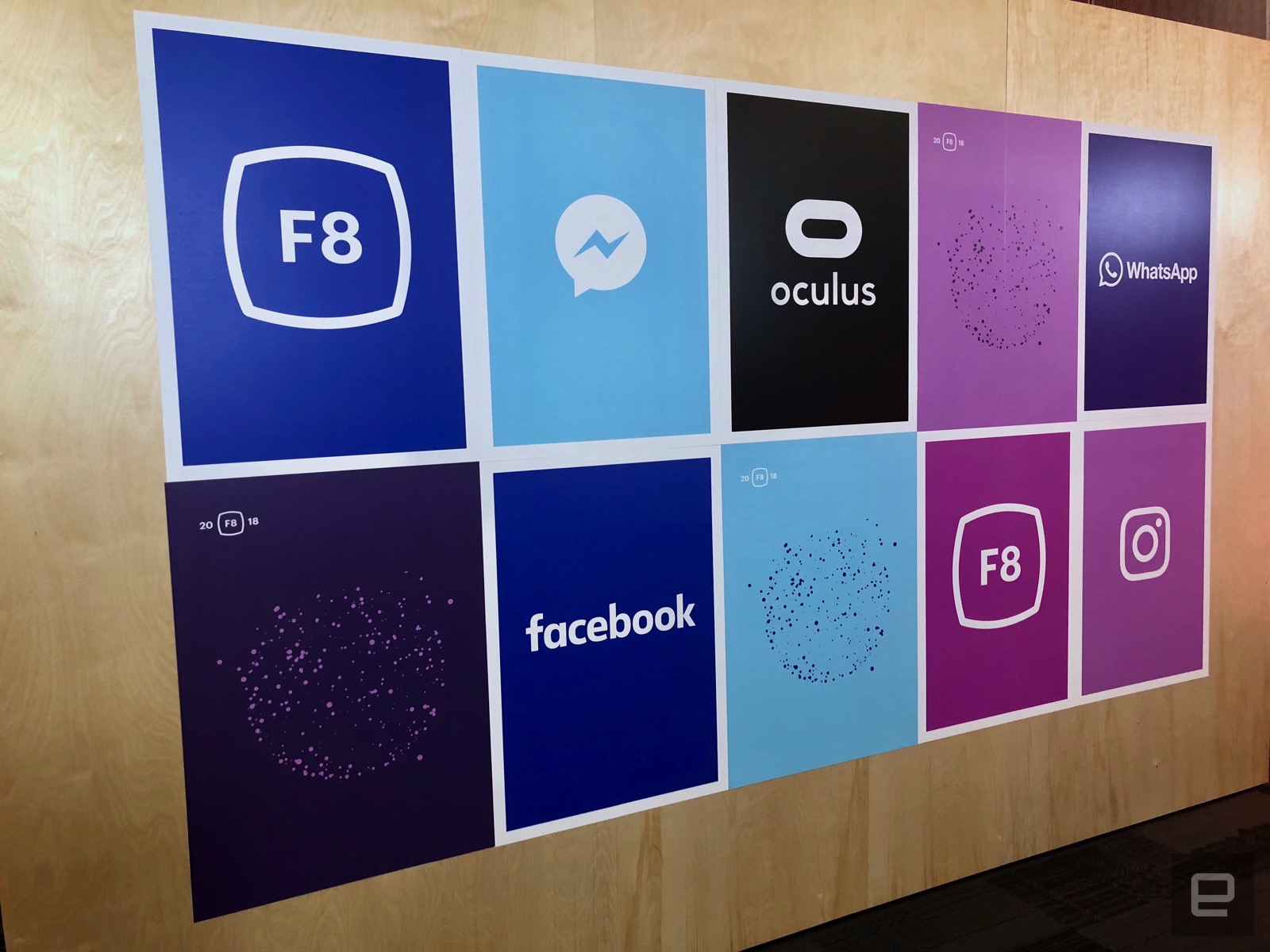[ad_1]
This year, Facebook’s F8 developers conference was bound to be different. After all, the company is still dealing with the aftermath of the Cambridge Analytica (CA) data privacy scandal. But, Zuckerberg said during the opening keynote he was ready to “move forward,” and instead he came to talk about how Facebook plans to light up the rest of Stamos’ map.
The goal, Zuckerberg said, is to make the world smaller by building products that will help people connect in “meaningful ways,” no matter where they are or what device they’re using. With more than 2.2 billion monthly active users, Facebook alone is already hard to escape. How else will you find out about your next high school reunion or when your distant cousin has a baby? For millions it’s their preferred means of communication, and for an alarming amount of people, it’s how they get their news.
Facebook has also found ways to inject itself in people’s lives in an almost unthinkable way. If you want to donate to charities, you can do that on Facebook. Want to promote your bands show, it has you covered. And with Groups, which it now plans to make more of a centerpiece of its site, you can be in touch with like-minded individuals who you may never meet in person.

This reach is magnified even further when you remember that Facebook owns some of the other most popular social apps and services across the globe. This includes Instagram, which has more than 800 million monthly users (and will likely hit a billion soon); WhatsApp, which has 1.5 billion monthly users (almost as many as Facebook); and Messenger, the standalone chat app that now has more than 1.3 billion monthly users.
Oh, and let’s not forget about Oculus, which Facebook bought in 2014 and is arguably the most promising virtual reality company. Oculus just launched its first mobile VR headset, the Go, with a $200 price tag that puts it in impulse purchase territory.
VR hasn’t gone mainstream yet, but Facebook has a chance to make that happen with its Oculus Go. One of the ways it plans to do that is by making virtual reality social, with features that will let users “hang out” with others in digital, 360-degree spaces. You can be watching a movie with friends and it’ll be like going to the theater, except you won’t be there physically and you’ll have a headset strapped to your face. Facebook is also rolling out similar experiences for live events, including concerts and sports matches.
Source link
 Tech News code
Tech News code


